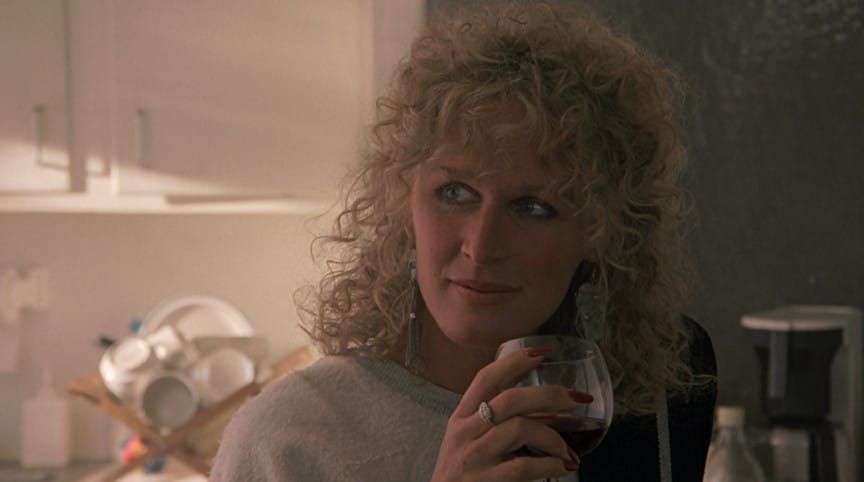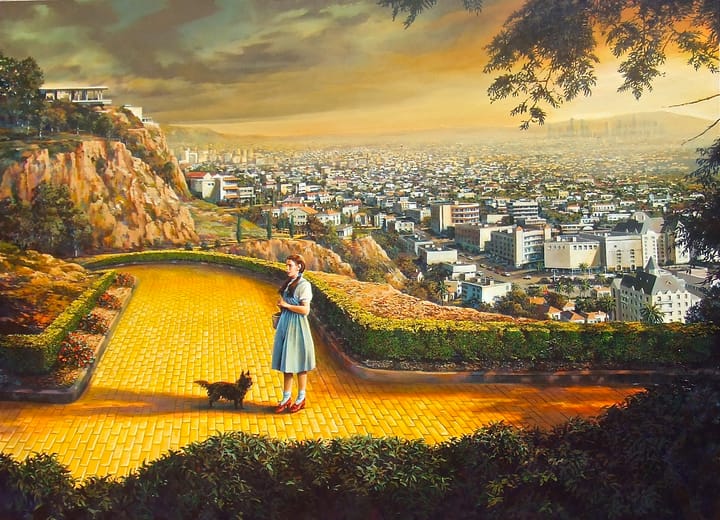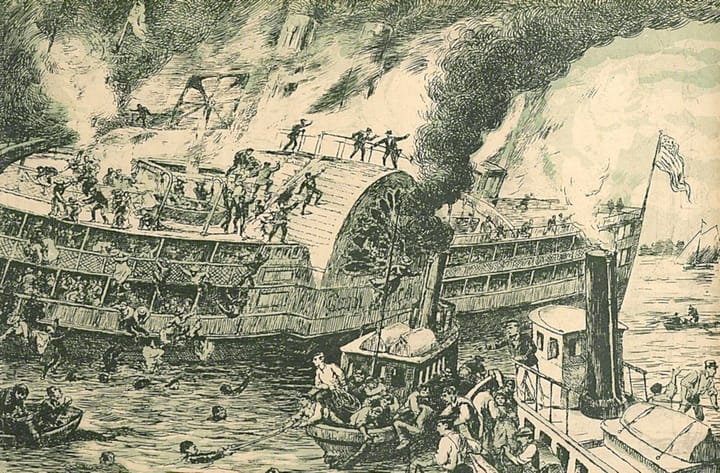Greed and glitter: a journey through 1980s cinema, in 25 films. (Part IV)
On Part IV of our journey into 1980s cinema we encounter military jingoism, Southern womanhood and a boiled bunny rabbit.

Welcome to Part IV of my ongoing series investigating the cinematic style of the 1980s and how it relates to the broader cultural and historical trends of the period. I started this series back in December because I’m tired of the ’80s being remembered primarily in terms of pop culture nostalgia. The decade is much more than big hair, E.T. or Michael Jackson. Its movies are strange and complex, unique to their time. This is not a “best-of” list, nor a list of my favorite 1980s movies, but instead, films that I think reflect the decade in particularly stark or unique ways. Therefore, the choices I’ve made so far, and will make here, tend to be surprising or unexpected for some readers.
Part I of the series (1980 and 1981) is here. Part II (1982 and 1983) is here. Part III (1984 and 1985) is here. This installment will deal with the years 1986 and 1987.
Sherman's March (1986; Ross McElwee, Director)
The only documentary on this list, Sherman's March is a delightfully quirky, surprising and darkly funny look at life, love and the culture of the American South in the 1980s. Shot in 1981 and '82 by documentarian and amateur historian Ross McElwee, it's the definition of a film that got sidetracked. McElwee intended to film a documentary about how the effects of Civil War Union General William T. Sherman's ruinous military campaign in 1864 and 1865 still affects the culture and attitudes of Southerners, of which he is one (McElwee is from North Carolina). But on his journey across the South, McElwee kept meeting and falling in love with various women he encountered, all of whom are broken in some fundamental way. So the film ended up being about that.


